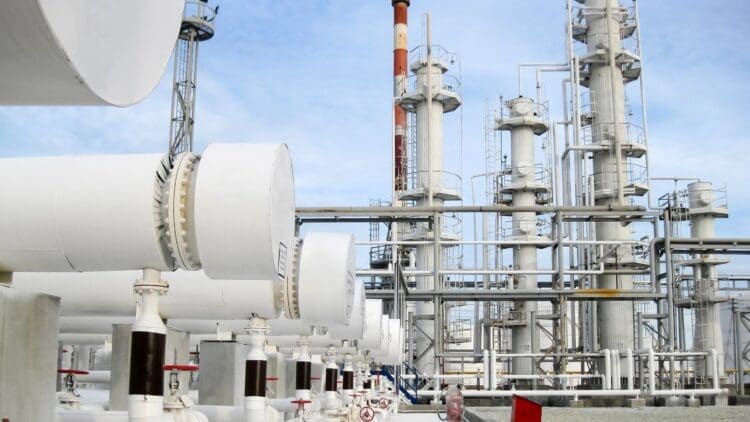A troubling trend has emerged in Europe that has industry experts warning of a potential market collapse. Energy giant Ineos has issued a notice stating it plans to shut two Rheinberg downstream units. The company’s leadership has noted that the closure of crucial downstream energy units will have a substantial impact on the German and European economies further afield. The company states that the closure has been a direct result of crippling costs and significant issues emerging from tariffs.
Ineos warns Europe of potential job cuts due to the current state of the energy sector
The current state of the European energy sector is a cause for concern. An influx of cheap chemicals from China has had a troubling impact on the European energy sector.
The closure of these two sites in Rheinberg points to a more concerning issue in the European energy market. Since 2019, Germany’s energy output has declined substantially. Output in Germany has decreased by 18%, driving job losses and reduced investment. As the world is encompassed by the transition of the energy sector towards renewables, the European energy market is suffering due to a lack of forethought regarding tariffs and a poor investment environment.
Ineos’s leadership has issued a stern warning to the European nations
The closure of the two sites in Rheinberg points to a more serious problem in Europe. While the United States implemented tariffs aimed at halting the flow of cheap chemicals from China, made mostly using Russian oil and gas, Europe’s energy sector remains as open as an unmanned border crossing.
The company’s CEO did not mince his words in a statement released that notes the closure of the two sites, which will lead to up to 175 job losses for workers.
“Europe is committing industrial suicide. While competitors in the US and China benefit from cheap energy, European producers are being priced out by our own policies and absence of tariff protection. Meanwhile, high-emission imports flood our market unchecked. It’s completely unsustainable and if not immediately addressed will lead to further closures, job losses and increased dependency on other regions for essential materials.” – Stephen Dossett, CEO of INEOS Inovyn
Both the sites that are due to close produce essential chemicals for the energy industry. The Allylics unit makes the key ingredient for epoxy resins vital in defense, aerospace, cars, and renewable energy infrastructure. The other unit is comprised mostly of chemical production for the chlorine sector, which is essential for clean water, medicines, industrial processes, and sanitation.
“We’ve reached the point where well invested, efficient European plants are closing, while global emissions rise. It’s not just economic madness. It’s environmental hypocrisy.” – Stephen Dossett, CEO of INEOS Inovyn
As the prolonged lifespan of coal comes to an end, the European energy sector is facing a troubling state of affairs if nothing is done to mitigate the closures of more sites.
“INEOS Inovyn will work closely with partners and employees to minimise the impact.” said Dossett “We are doing everything we can to protect what is still viable, but we can’t do it alone. If governments want to keep strategic manufacturing in Europe, they must help manage this transition and restore competitiveness” – Ineos spokesperson
The company will now focus on its remaining operations in the region
The trend of operations closing in Europe across several sectors points to a wider issue for the European market. Due to cheap imports and a less-than-ideal investment environment, the European energy sector may see more closures in the near future. Ineos has stated it will now focus all of its might on the remaining operations in the Rheinberg region, which supports 300 skilled workers. As supply risks persist in the European fuel market, the future for the sector on the continent is not looking bright.





